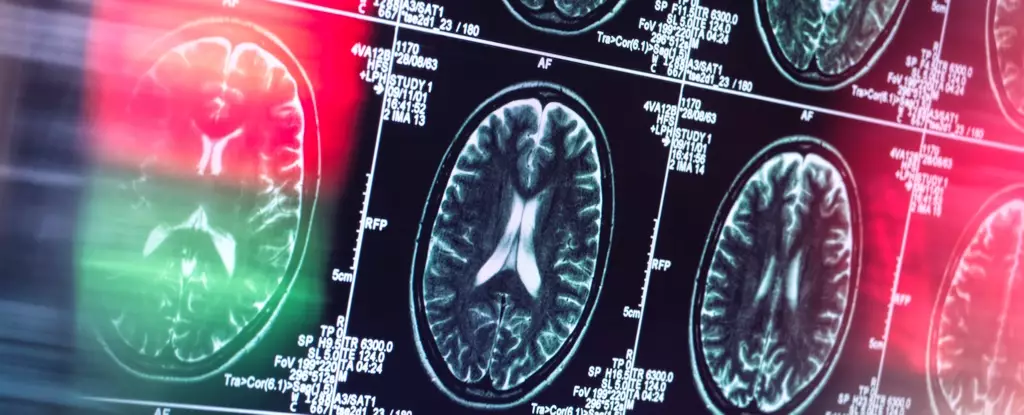As the pursuit of a cure for Alzheimer’s disease continues, it is essential to critically analyze the current strategies being employed by researchers around the world. The focus on targeting beta-amyloid as the primary culprit in Alzheimer’s has led to significant controversy and limited success in developing effective treatments. The recent revelations of fabricated data and incomplete information surrounding key research papers and drug approvals raise important questions about the direction of Alzheimer’s research.
Dr. X, from the Krembil Brain Institute in Toronto, proposes a new theory of Alzheimer’s disease that shifts the focus away from beta-amyloid and towards the brain’s immune system. According to this theory, Alzheimer’s is not primarily a disease of the brain but a disorder of the immune system within the brain. The immune system’s inability to differentiate between bacteria and brain cells leads to a misdirected attack on the brain itself, resulting in progressive loss of brain cell function and ultimately dementia.
By considering Alzheimer’s as an autoimmune disease, similar to conditions like rheumatoid arthritis, researchers can explore new treatment approaches that target the immune-regulating pathways in the brain. While traditional autoimmune therapies may not be effective against Alzheimer’s, focusing on bolstering the immune system and preventing misdirected attacks on brain cells could lead to innovative and impactful treatments for the disease.
In addition to the autoimmune theory proposed by Dr. X, other researchers are beginning to explore alternative explanations for Alzheimer’s. Some believe that the disease is related to malfunctioning mitochondria, while others suggest a connection to brain infections or abnormal metal handling within the brain. This diversification of theories reflects a growing recognition of the complexity of Alzheimer’s and the need for multifaceted approaches to understanding and treating the disease.
Alzheimer’s disease remains a significant public health crisis, with millions of people worldwide affected by its devastating symptoms. The urgency of finding a cure is further underscored by the growing socioeconomic impact of dementia on healthcare systems and families. Innovative ideas and fresh directions in Alzheimer’s research are imperative to alleviate the burden of the disease on individuals and society as a whole.
The quest for a cure for Alzheimer’s disease necessitates a critical reevaluation of current research approaches and a willingness to consider alternative theories and treatment strategies. By shifting the focus towards understanding the immune system’s role in Alzheimer’s and exploring diverse hypotheses, researchers may uncover new pathways to effective treatments and ultimately improve the lives of those impacted by this debilitating disease.


Leave a Reply